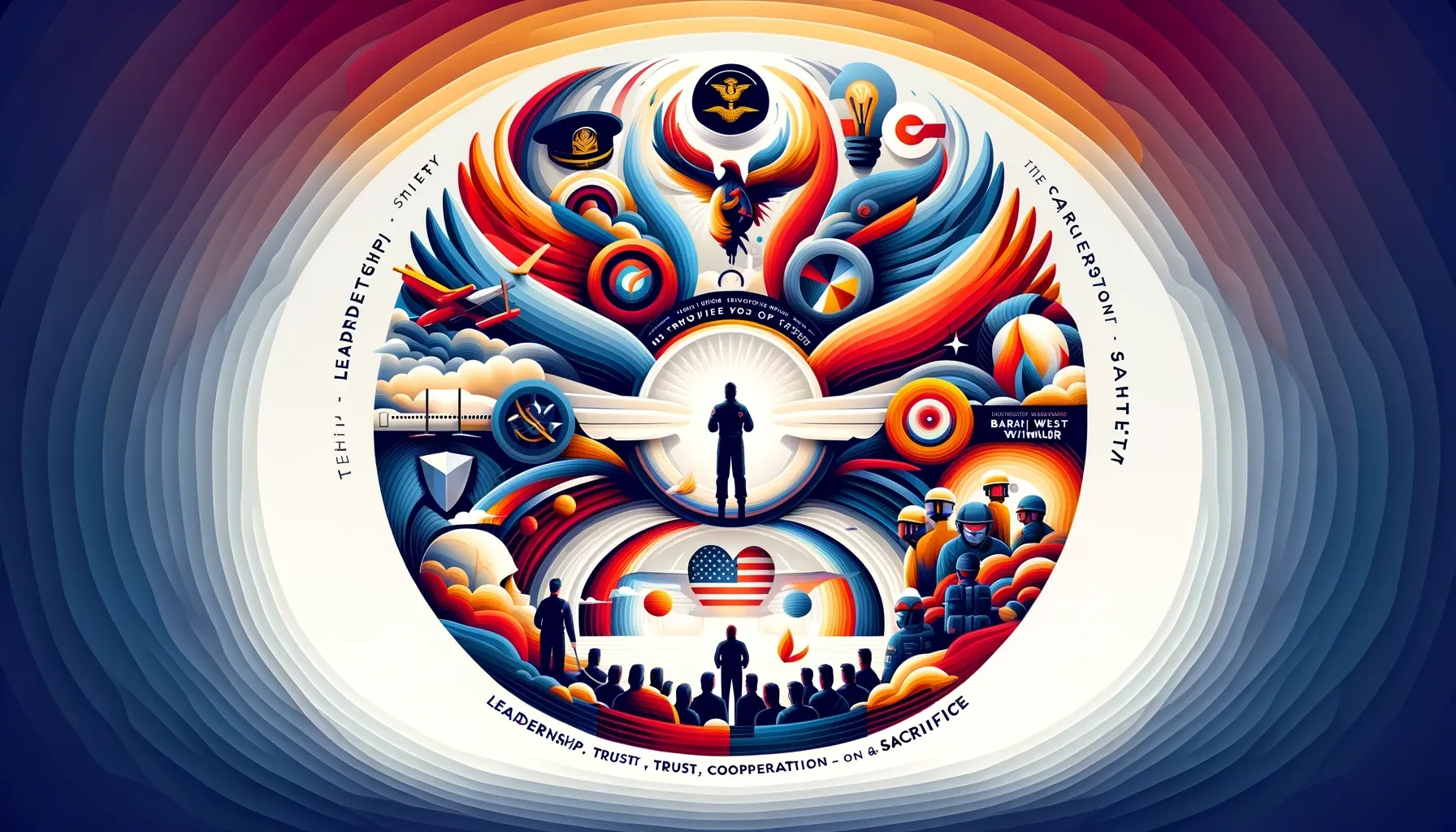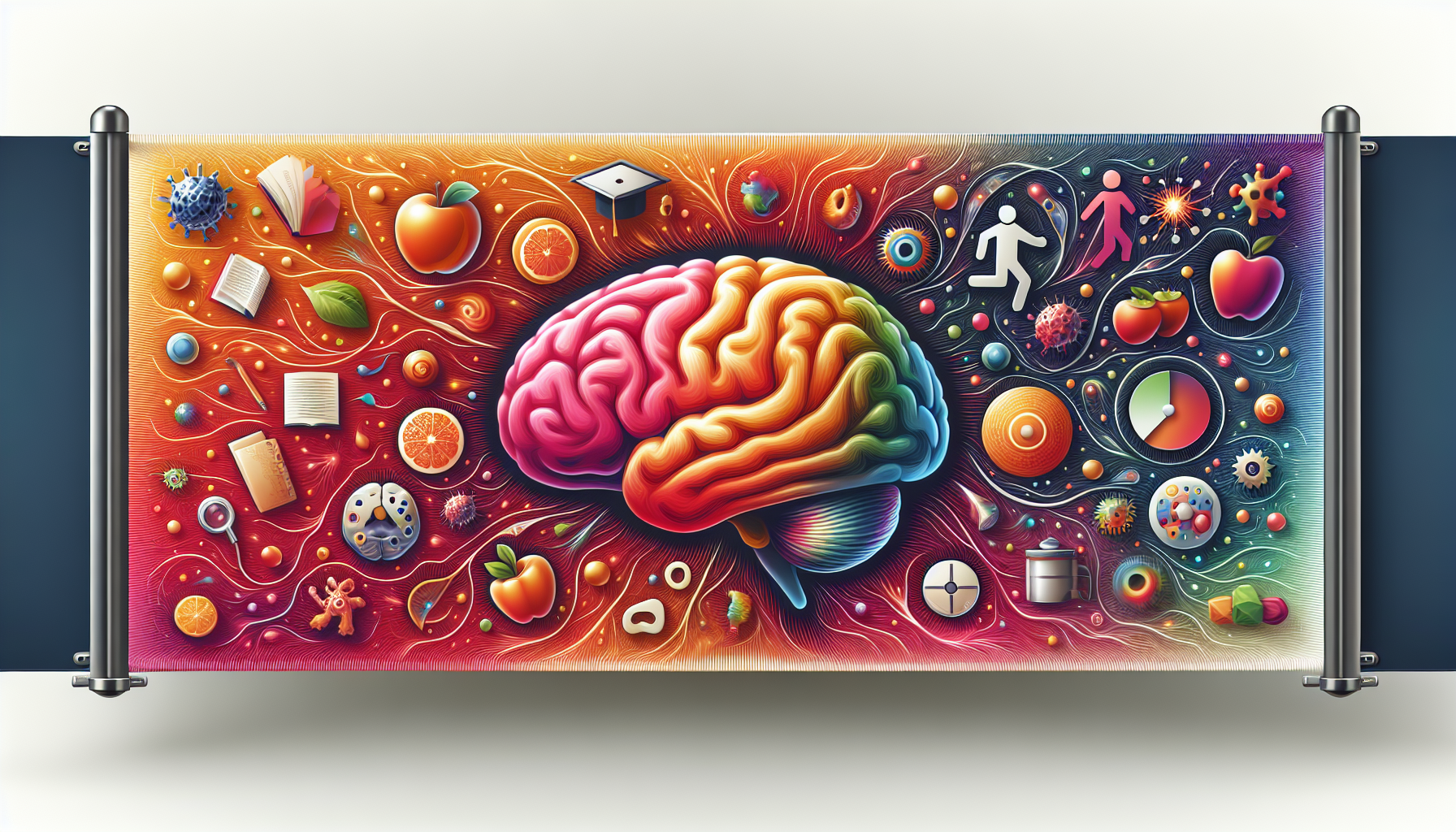On this page
Matt Cutts' TED talk presents the idea of 30-day challenges, a concept borrowed from American philosopher Morgan Spurlock. The technique involves selecting a new habit to develop or an existing one to break and maintaining it for 30 days. The speaker shares his personal experiences, which include physical activities, writing a novel, and dietary changes. These challenges have increased his self-confidence and provided memorable experiences. However, he notes that smaller, sustainable changes are more likely to be maintained over time.
How does it apply to you?
Readers can apply this learning in their own lives by identifying a habit they want to form or break. They could start with something small, like reading a book for 15 minutes every day, or eliminating sugar from their diet. The key is consistency and perseverance for 30 days. Remember, the time will pass regardless, so why not make the most of it?
Applied Learning to Developer Enablement
Application in Software Development
The concept of 30-day challenges can be applied in a software development organization in several ways.
- Learning new technologies or frameworks - Developers can take up a 30-day challenge to learn a new programming language, framework or technology. This could help in expanding their skill set and staying updated with the latest trends.
- Inculcating good coding practices - A 30-day challenge can be used to inculcate good coding practices like writing clean and efficient code, following a particular coding standard, etc. This can help in improving the overall code quality in the team.
- Improving productivity - Developers can use this technique to improve their productivity. For example, they can take up a challenge to finish their work within the regular working hours without any overtime for 30 days. This can help in improving work-life balance and reducing burnout.
- Team building activities - Team leaders can introduce 30-day challenges related to team building activities. For example, a challenge to appreciate at least one team member every day can help in building a positive work environment.
Application in Learning in a Software Development Org
- Upskilling - Employees can take up 30-day challenges to upskill themselves. The organization can provide necessary resources and support for the same. This can help in creating a culture of continuous learning in the organization.
- Improving soft skills - Soft skills like communication, time management, etc., are crucial in a software development organization. Employees can take up challenges to improve these skills.
- Knowledge sharing - Employees can take up a challenge to share something new they learned with the team every day. This can help in promoting knowledge sharing and collaborative learning.
- Health and wellness - The organization can introduce 30-day challenges related to health and wellness. For example, a challenge to do some form of physical activity every day. This can help in promoting a healthy lifestyle among employees.
Developer Checklist
30-day Challenges
Task Management
Sustainable Changes
Summary
Introduction to 30-day challenges
The speaker introduces the concept of 30-day challenges, a technique he adopted from American philosopher, Morgan Spurlock. The idea is simple: pick something new you want to add to your life, or a habit you want to remove, and do it for the next 30 days. The speaker notes that 30 days is an ideal duration to form or break a habit. He also reflects on the increased self-confidence and memorable experiences he gained from undertaking these challenges.
Impact of 30-day challenges
The speaker shares some of his personal 30-day challenges and their impact on his life. He mentions how these challenges transformed him from a desk-bound computer nerd to a more active person, cycling to work for fun and climbing Mount Kilimanjaro. He asserts that these challenges made him more adventurous and boosted his self-confidence. He emphasizes that if one wants something badly enough, they can endure any challenge for 30 days.
Writing a Novel in 30 days
The speaker talks about his experience of writing a novel in 30 days. He explains that during November, many people attempt to write a 50,000-word novel from scratch within a month. He shares his own strategy for this challenge: not going to sleep until he'd written his daily word count. While he admits the novel he wrote is not of high quality, he emphasizes the accomplishment of having written a novel, which allows him to identify as a novelist.
Sustainable Changes and Final Thoughts
The speaker concludes by noting the importance of making small, sustainable changes that can be maintained over time. While big, ambitious challenges can be fun, they are less likely to stick. He shares how he couldn't maintain a sugar-free diet after a 30-day challenge. He ends by encouraging the audience to try something they've always wanted to do for the next 30 days, emphasizing that time will pass regardless.
FAQs
What is the concept of 30-day challenges? The concept of 30-day challenges is a technique where you pick something new you want to add to your life or a habit you want to remove and do it for the next 30 days. It is noted that 30 days is an ideal duration to form or break a habit.
What is the impact of 30-day challenges? The speaker shares that these challenges transformed him from a desk-bound computer nerd to a more active person, cycling to work for fun and climbing Mount Kilimanjaro. They made him more adventurous and boosted his self-confidence. He emphasizes that if one wants something badly enough, they can endure any challenge for 30 days.
Can you write a novel in 30 days? Yes, the speaker talks about his experience of writing a novel in 30 days. He explains that during November, many people attempt to write a 50,000-word novel from scratch within a month. His own strategy for this challenge was not going to sleep until he'd written his daily word count.
What is the importance of making small sustainable changes? The speaker notes the importance of making small sustainable changes that can be maintained over time. While big ambitious challenges can be fun, they are less likely to stick.
What happened after the speaker tried a sugar-free diet for 30 days? The speaker shares that he couldn't maintain a sugar-free diet after a 30-day challenge.
What is the speaker's final advice? The speaker ends by encouraging the audience to try something they've always wanted to do for the next 30 days, emphasizing that time will pass regardless.
Glossary
30-day Challenge: A method where you pick something new you want to add to your life or a habit you want to remove and do it for the next 30 days. It's a technique for forming or breaking habits, increasing self-confidence, and gaining memorable experiences.
Desk-bound Computer Nerd: A term referring to a person who spends most of their time at a desk, typically in front of a computer, possibly due to their job or personal interests.
Mount Kilimanjaro: The highest mountain in Africa, located in Tanzania. Climbing can be a challenge that some people set for themselves.
Sustainable Changes: Small, manageable changes to habits or routines that can be maintained over time. These are contrasted with big, ambitious challenges that may be difficult to stick to in the long term.
Sugar-free Diet: A diet that excludes all sources of added sugar and hidden sugar foods. It can be a challenge some people undertake for health reasons.






